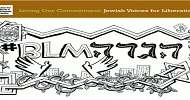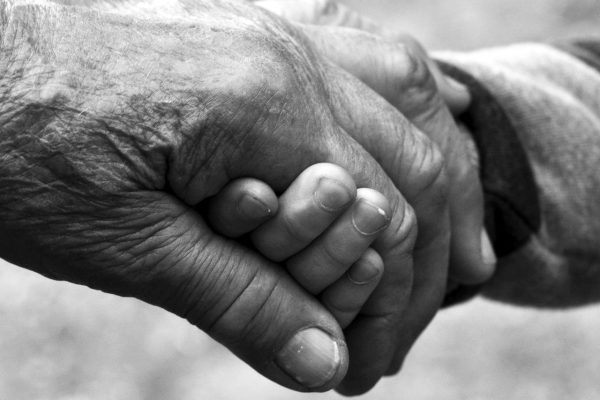We gather on Passover to recall a moment of resistance and liberation in the history of our people. The story of Exodus reminds us of the transformative power that our people wield when we confront oppression.
This summer we witnessed the deaths of Michael Brown and Eric Garner at the hands of the police; in the months that followed the #BlackLivesMatter movement blossomed from that stained soi and swept the country. From Ferguson to Staten Island, Black people resisted the discriminatory and abusive policing targeting them. #BlackLivesMatter, a term coined by activists Alicia Garza, Patrice Cullors & Opal Tometi, demands that we recognize the full humanity and precious value of every individual Black life — that we cherish and fight for all people of African heritage.
In this spirit, Jews For Racial & Economic Justice collaborated with inspiring activists and leaders from around the country to produce this haggadah supplement. In it you will find additions to the seder rituals & haggadah text intended to highlight the role we believe Jews must play in confronting racism and abusive policing. Each piece of the supplement may provoke discussion, reflection or even contention. We hope that this wrestling, thinking and feeling — in the great tradition of our people—will be a powerful part of your Seder and will lead to meaningful action for justice.
Download the PDF below for the full haggadah supplement.
Introduction by Leo Ferguson.












